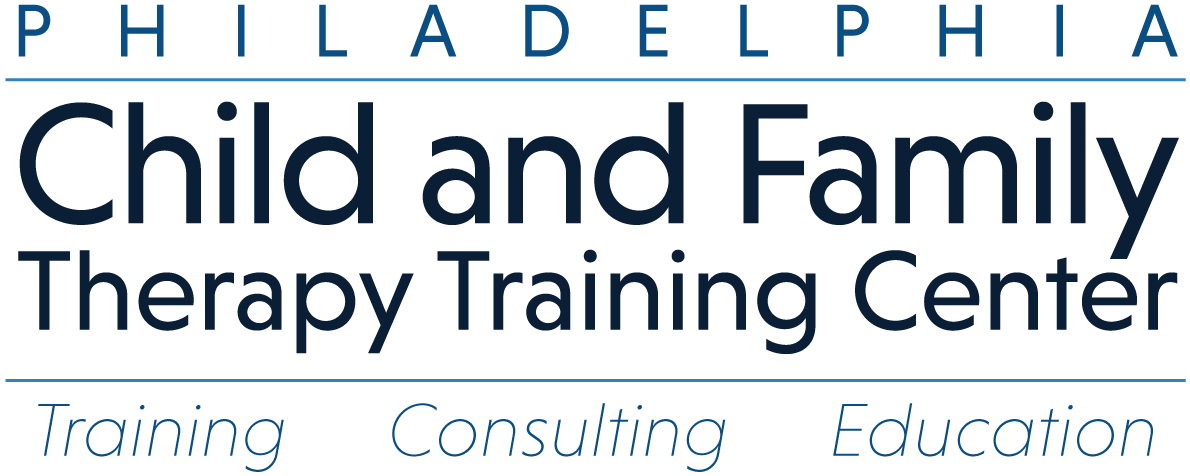In the field of mental health, accurate assessment is crucial for effective treatment planning and intervention. Below are some essential resources for evaluating aggression, anxiety, ADHD, global functioning, medication side effects, and suicide risk. These tools can help clinicians gather comprehensive data and make informed decisions about their clients’ care.
Aggression Assessment
1. Aggression Questionnaire (AQ) The AQ measures physical aggression, verbal aggression, anger, and hostility. It is a widely used self-report tool that helps identify different dimensions of aggressive behavior in individuals.
2. Overt Aggression Scale (OAS) The OAS is designed to assess the frequency and severity of aggressive episodes. It includes subscales for verbal aggression, physical aggression against objects, physical aggression against self, and physical aggression against others.
Anxiety Assessment
1. Generalized Anxiety Disorder 7 (GAD-7) The GAD-7 is a brief self-report questionnaire that screens for generalized anxiety disorder. It is commonly used in clinical practice to identify symptoms and monitor treatment progress.
2. Hamilton Anxiety Rating Scale (HAM-A) The HAM-A is a clinician-administered assessment that evaluates the severity of anxiety symptoms. It covers both psychological and physical symptoms of anxiety.
ADHD Assessment
1. Conners’ Rating Scales Conners’ Rating Scales are used to assess ADHD symptoms in children and adults. These scales include parent, teacher, and self-report versions, providing a comprehensive view of the individual’s behavior across different settings.
2. ADHD Rating Scale-IV The ADHD Rating Scale-IV is a commonly used tool for diagnosing ADHD and monitoring symptom severity. It includes both inattentive and hyperactive-impulsive symptom scales.
Global Functioning Assessment
1. Global Assessment of Functioning (GAF) Scale The GAF Scale is used to rate the overall psychological, social, and occupational functioning of individuals. It helps clinicians assess how well individuals are managing daily life activities.
2. World Health Organization Disability Assessment Schedule (WHODAS) The WHODAS measures health and disability across multiple domains, including cognition, mobility, self-care, and social interaction. It provides a comprehensive picture of an individual’s functioning.
Medication Side Effects Assessment
1. Abnormal Involuntary Movement Scale (AIMS) The AIMS is used to detect and monitor involuntary movements that may result from antipsychotic medications. It is crucial for identifying tardive dyskinesia and other movement disorders.
2. Glasgow Antipsychotic Side-effect Scale (GASS) The GASS helps clinicians evaluate the side effects of antipsychotic medications. It covers a wide range of potential side effects, including physical, cognitive, and emotional symptoms.
Suicide Risk Assessment
1. Columbia-Suicide Severity Rating Scale (C-SSRS) The C-SSRS is a widely used tool for assessing suicide risk. It evaluates suicidal ideation, plans, and attempts, providing a clear picture of an individual’s risk level.
2. Beck Scale for Suicide Ideation (BSS) The BSS is a self-report questionnaire that assesses the intensity of an individual’s suicidal thoughts and behaviors. It helps identify those at risk and guides intervention strategies.
Conclusion
Accurate and comprehensive assessment is the cornerstone of effective mental health treatment. By utilizing these resources, clinicians can better understand their clients’ needs and provide tailored interventions that promote healing and well-being. Regular use of these tools ensures that clinicians can track progress, adjust treatment plans, and address any emerging concerns promptly.
